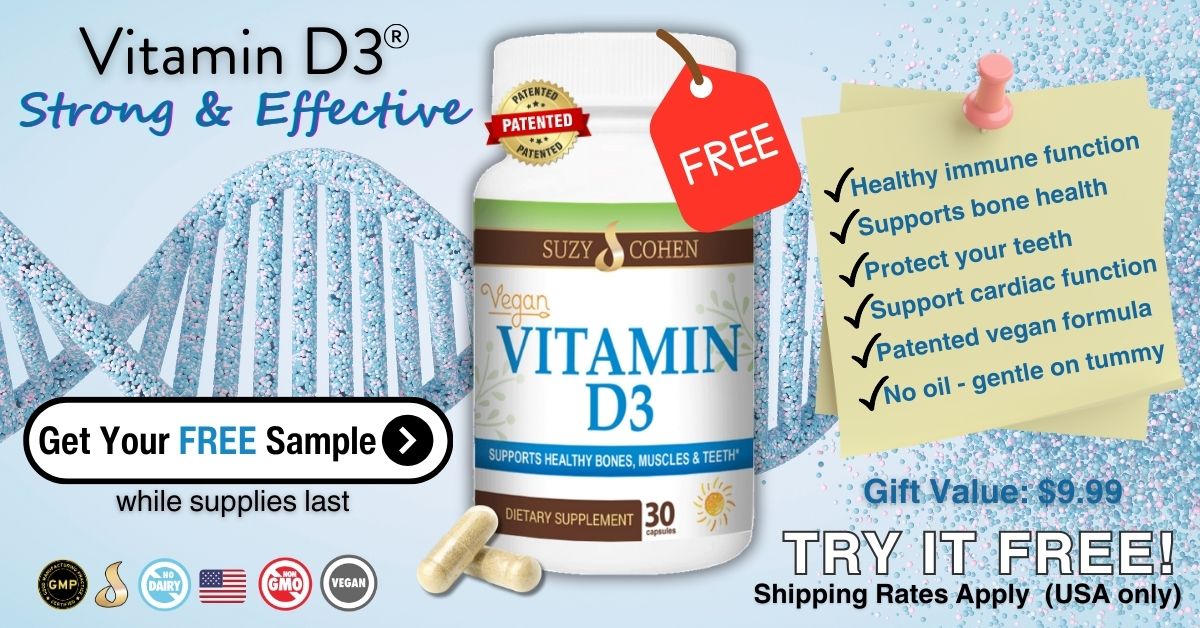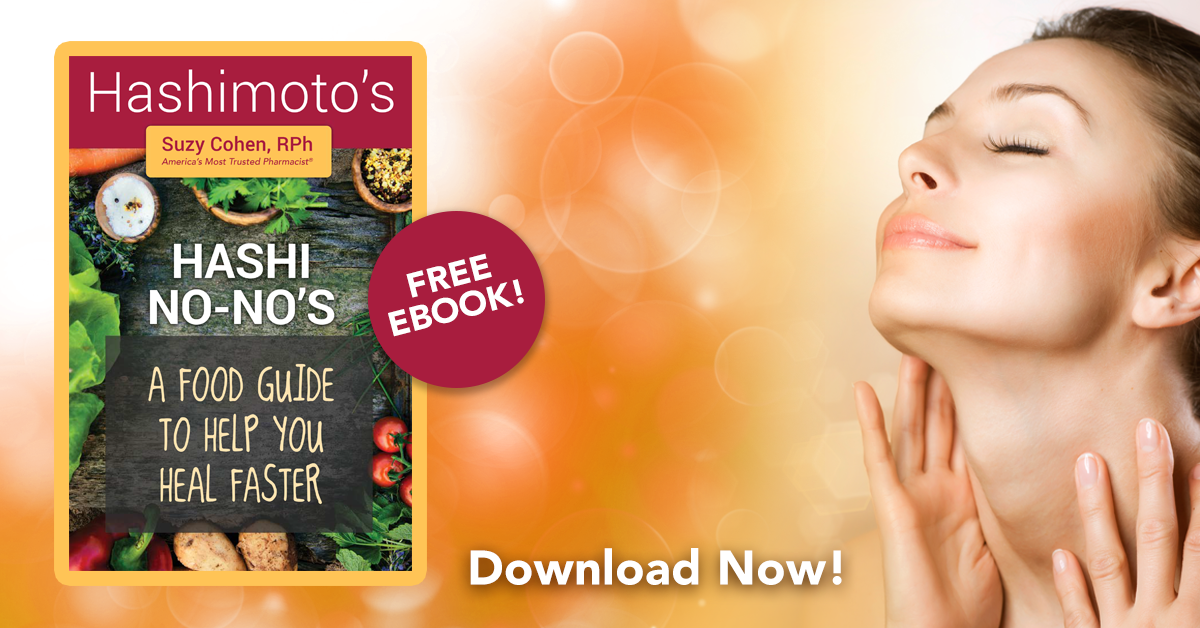What's On This Page?
ToggleWhat’s your favorite condiment? I think mine is whole grain old style mustard! For you it may be soy sauce.
This article is not entirely about condiments, it has information about other foods, sauces and items that can make you ‘sick’ and by sick, I mean it can trigger asthma, autoimmune flareups and allergic reactions.
When you think of histamine, you don’t think of mustard or any condiment, you think of pollen, dust mites and food allergies. Am I right?
With the thought of histamine, you immediately think of allergies, right? But histamine is actually a neurotransmitter and we make it in our cells, then dump it out after exposure to a trigger.
Certain foods you eat are very high in histamine. You are unintentionally making yourself high in histamine, and then I’ll bet you are running straight for the medicine cabinet to take an ANTIhistamine pill!
The 2 reasons your condiments can make you sick are that they are high in histamine so they can trigger food intolerances (or more specifically histamine intolerance) issues, and the second reason is that autoimmunity worsens.
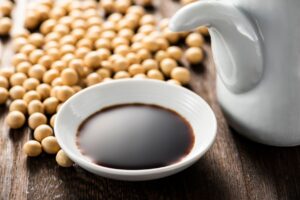
Soy Sauce is a Condiment
You may be interested in reading my other article, Why You Shouldn’t Eat Leftovers or Fermented Foods.
Foods that are high in histamine are often fermented (in other words, they are aging. It could be argued that they’ve started to rot a little bit).
Histamine-rich foods include leftovers, cold cuts, hot dogs, wine, vinegar, parmesan cheese… and dozens more, which I’ll tell you about in my ebook offer below.
High-protein foods like meat or seafood don’t contain much histamine when they are fresh, but the longer they are cured or stored, the more histamine they contain.
In 1989, a study examined “Chinese restaurant syndrome” and saw that people’s reactions mimicked symptoms of histamine intolerance. They measured plain soy sauce to contain 220 micrograms of histamine per gram, while tamari (a typically gluten-free soy sauce) was loaded with an astonishing 2,392 micrograms histamine per gram.
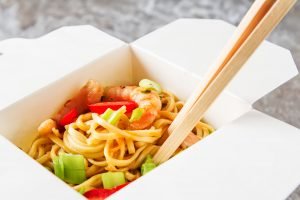
That’s 10 times higher, just to get gluten-free soy sauce! Both regular soy sauce and tamari are fermented. Maybe keep it to a minimum if you have autoimmunity.
If you have thyroid disease, please read, 8 Strategies To Reduce Histamine And Ease Hashimoto’s & Autoimmune Disorders.
If there also happens to be MSG present in the food you’re eating, the combination of excessive glutamate from the MSG and histamine from tamari could trigger anxiety, insomnia, migraines, panic attacks and pain.
Your brain could wind up on stimulant overload! Check out this article which ties it up in a neat bow: Allergies And Your Genes – Histamine, Autoimmunity And DAO SNPs.
You can see how easy it is to mess yourself up with a “harmless” little condiment! It’s even more problematic for the brains of sensitive vegans/vegetarians that eat fermented or manufactured meat substitutes that are high in MSG and histamine.
You probably already know that many Asian restaurants nowadays avoid the addition of MSG completely, and some will omit the use of MSG upon request. However, keep in mind that many Asian dishes are made with soy sauce, so histamines can be tough to avoid altogether in what might be some of your favorite cuisines!
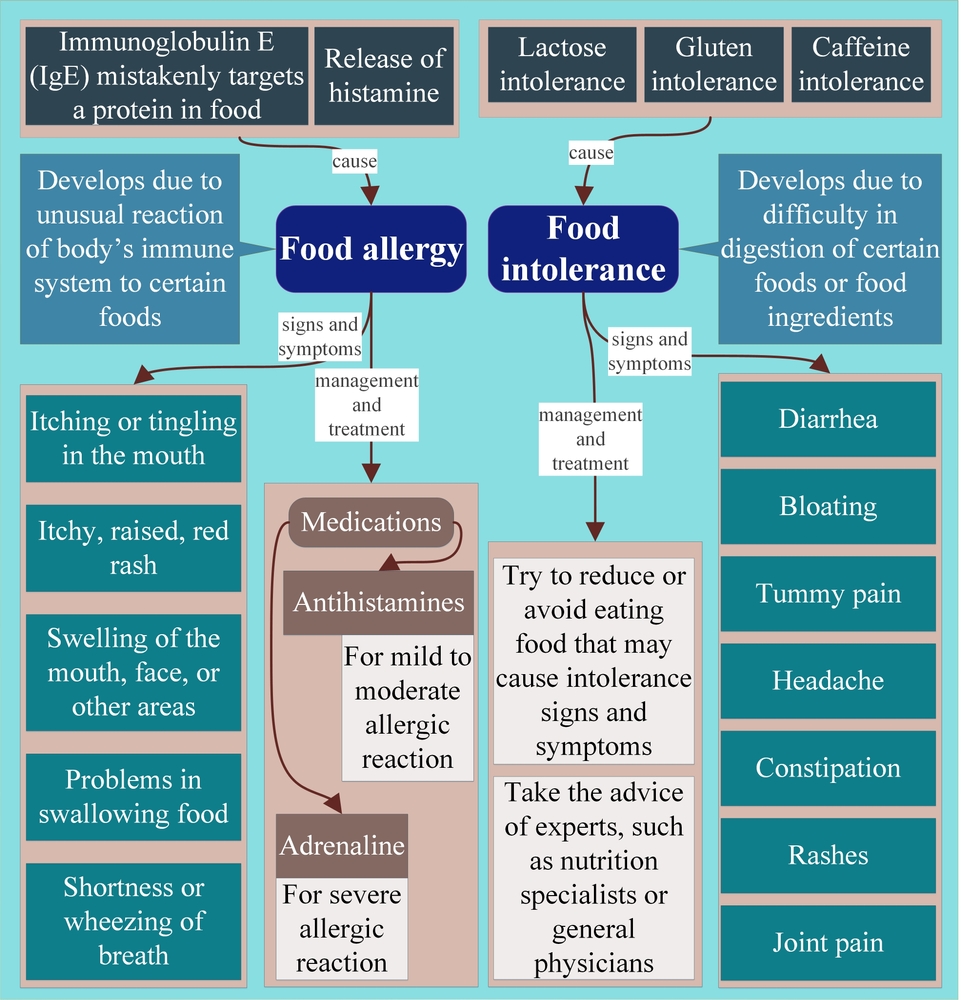
What is DAO?
Histamine intolerance disorders can occur when you get too much histamine and your tissues can’t break it down fast enough. DAO is the enzyme that processes histamine to help us keep it in balance. Intolerance of the foods above (and others), can trigger not only autoimmune flares but also diarrhea, headache, sinus congestion, sneezing or a runny and itchy nose.
How many of you have been put on antihistamines only to get awful side effects? Or inhalers for asthma? Maybe the problem was just that food you had on your plate that was loaded with histamine!

Asthma and Histamine
Asthma is another sign of histamine intolerance that could be related to dairy intolerance, ingestion of histamine-rich foods, as well as tofu and other refined, manufactured food-like products in that category.
I am aware that it’s far easier to take an antihistamine pill and eat what you want, than give up some of the foods you enjoy.
Take a moment to read my other article, Breathe Easy: Understanding Prescribed Asthma Medications.
You may also benefit from this quick read, 10 Natural Solutions For Allergies And Sinusitis.
But I promise it will be worth it if you are dealing with a serious or painful condition. Minor annoyances are one thing, but psoriasis, Hashimoto’s, multiple sclerosis, Sjogren’s syndrome, lupus and others are serious enough that you should eliminate histamine-rich foods for a few months to gauge improvement.
CLICK LIKE to FOLLOW Suzy Cohen – Get Important Health Tips

Suzy Cohen, has been a licensed pharmacist for over 30 years and believes the best approach to chronic illness is a combination of natural medicine and conventional. She founded her own dietary supplement company specializing in custom-formulas, some of which have patents. With a special focus on functional medicine, thyroid health and drug nutrient depletion, Suzy is the author of several related books including Thyroid Healthy, Drug Muggers, Diabetes Without Drugs, and a nationally syndicated column.
